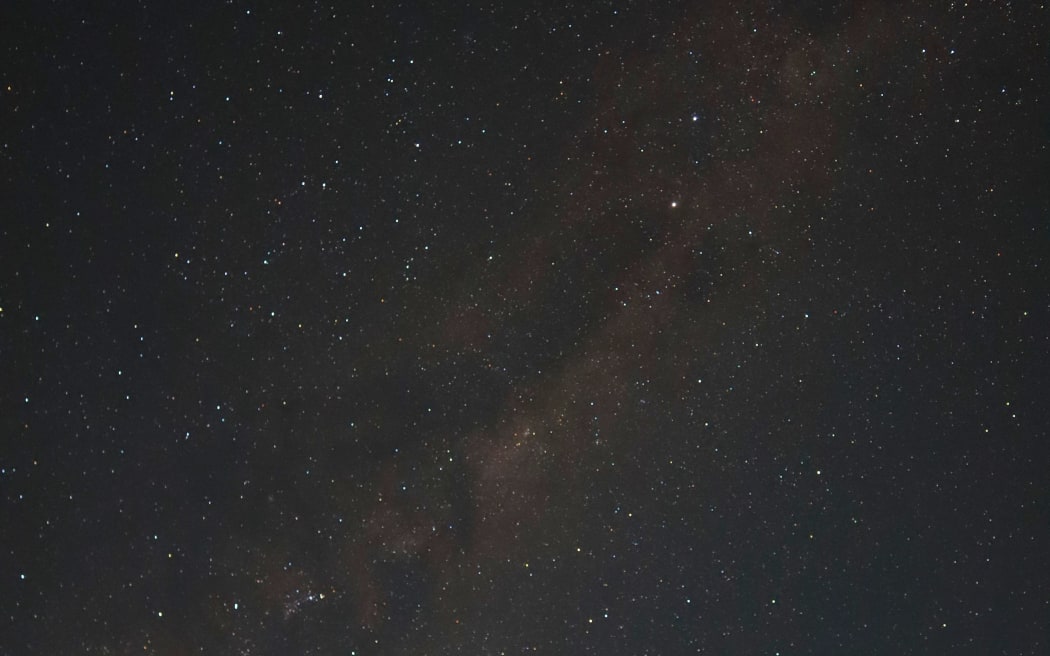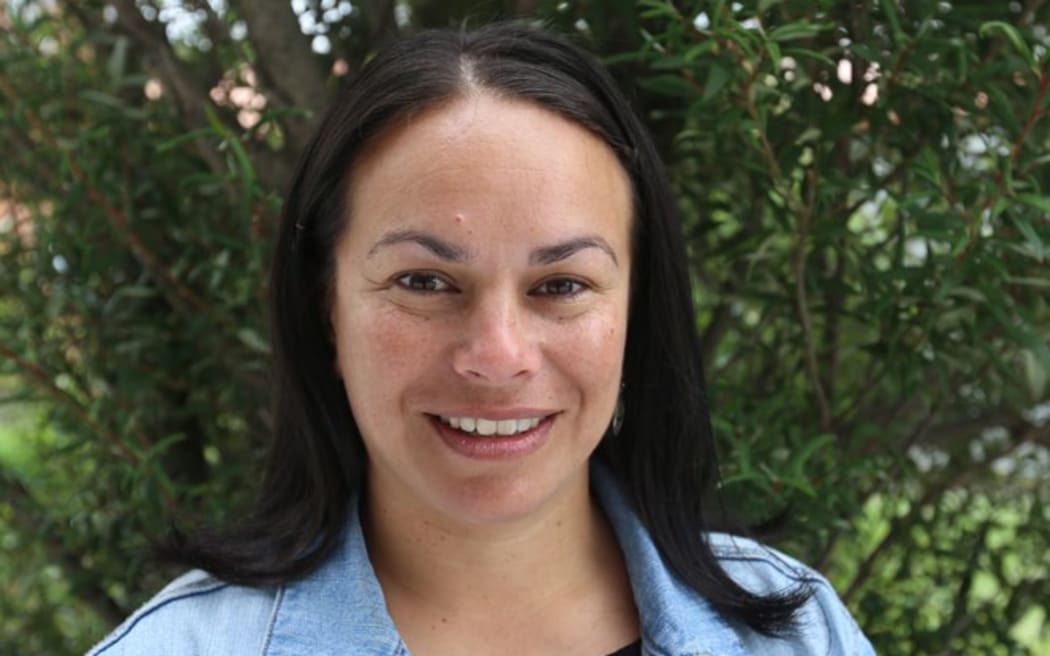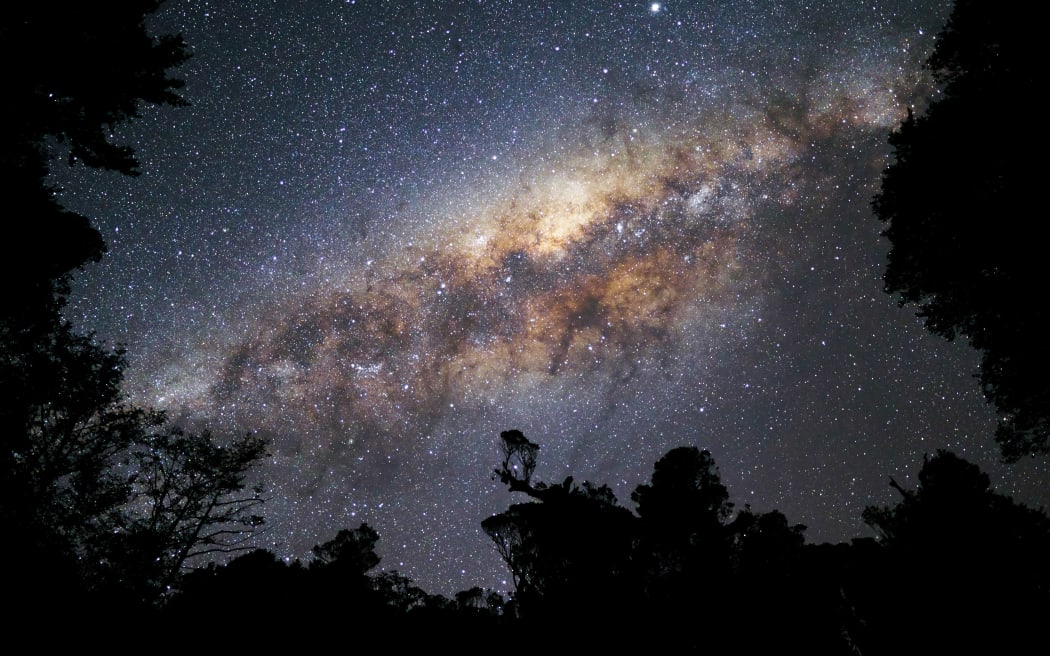For humans all over the planet, and all across time, the night sky has been a catalyst for storytelling. Different cultures paint the dark with their own stories of the stars, about where they are, who they are, and what they believe.

The Milky Way. Photo: Max Balloch
Follow Our Changing World on Apple Podcasts, Spotify, Stitcher, iHeartRADIO, Google Podcasts, RadioPublic or wherever you listen to your podcasts
This isn’t some ancient, forgotten art – it’s alive, and it’s organic. Victoria Campbell, a passionate educator of Mātauraka Māori and Māori astronomy says the most special star to her is Rehua.

Victoria Campbell. Photo: Supplied
“Rehua in particular is associated with knowledge. And as an educator, I find a really special connection there to be able to bring forth kōrero, or dialogue and discussion, about knowledge for the benefit of us going forward as a nation, and as a population,” she says.
Rehua is part of the constellation known in some cultures – including Greek mythology – as Scorpius. In Polynesian cultures, it’s known as Māui’s fishhook. And in Java, Indonesia, it’s referred to as “the brooded swan”. These are three interpretations (among many) of the same pattern of stars, illustrating the connection between stars and storytelling that transcends culture, time, and space.
New Zealand has some of the most pristine skies on the planet. Those living in rural areas bathe in the lights of the universe and embrace the warm hug of the Milky Way that streams across the sky.

Many parts of New Zealand enjoy uninterrupted views of the Milky Way at night – but in urban areas, stargazing is increasingly hampered by light pollution. Photo: Eyrie Photography
But for most people on Earth, the sky is being smudged out.
Light pollution, which occurs when excess light is reflected into the sky at night, is experienced by 83% of Earth’s population. This yellow haze outshines the stars and melts the Milky Way out of view.
While many New Zealanders enjoy darkness, over half are left blinded by the light. Fifty-six percent of kiwis cannot see the Milky Way in the night sky, due to the light pollution leaking out from urban environments.
But it can be stopped, and we could have dark skies once again. Steve Butler, an award-winning DarkSky advocate, is one of the many kiwis fighting for the night.
“We sell ourselves as, you know, 100% pure. So, my view, is that to achieve 100% pure we should be looking after the night as well, so that’s 50% of our environment,” he says.

Steve Butler. Photo: Supplied.
Listen to the podcast to hear more about the magic of the night sky, and how it can be restored.
To learn more:
-
Find out more about Dark Sky efforts in New Zealand and internationally.
-
Our Changing World has visited both the Dark Sky Sanctuary on Aotea and Dark Sky Reserve in Aoraki-Mackenzie.
-
RNZ has also covered the development of a Dark Sky Park near Nelson, the Wairarapa Dark Sky Reserve and Niue becoming the first Dark Sky Place in 2020.
-
The Detail’s protecting the night sky also delved into this topic, looking at the impacts light pollution has on flora and fauna.

